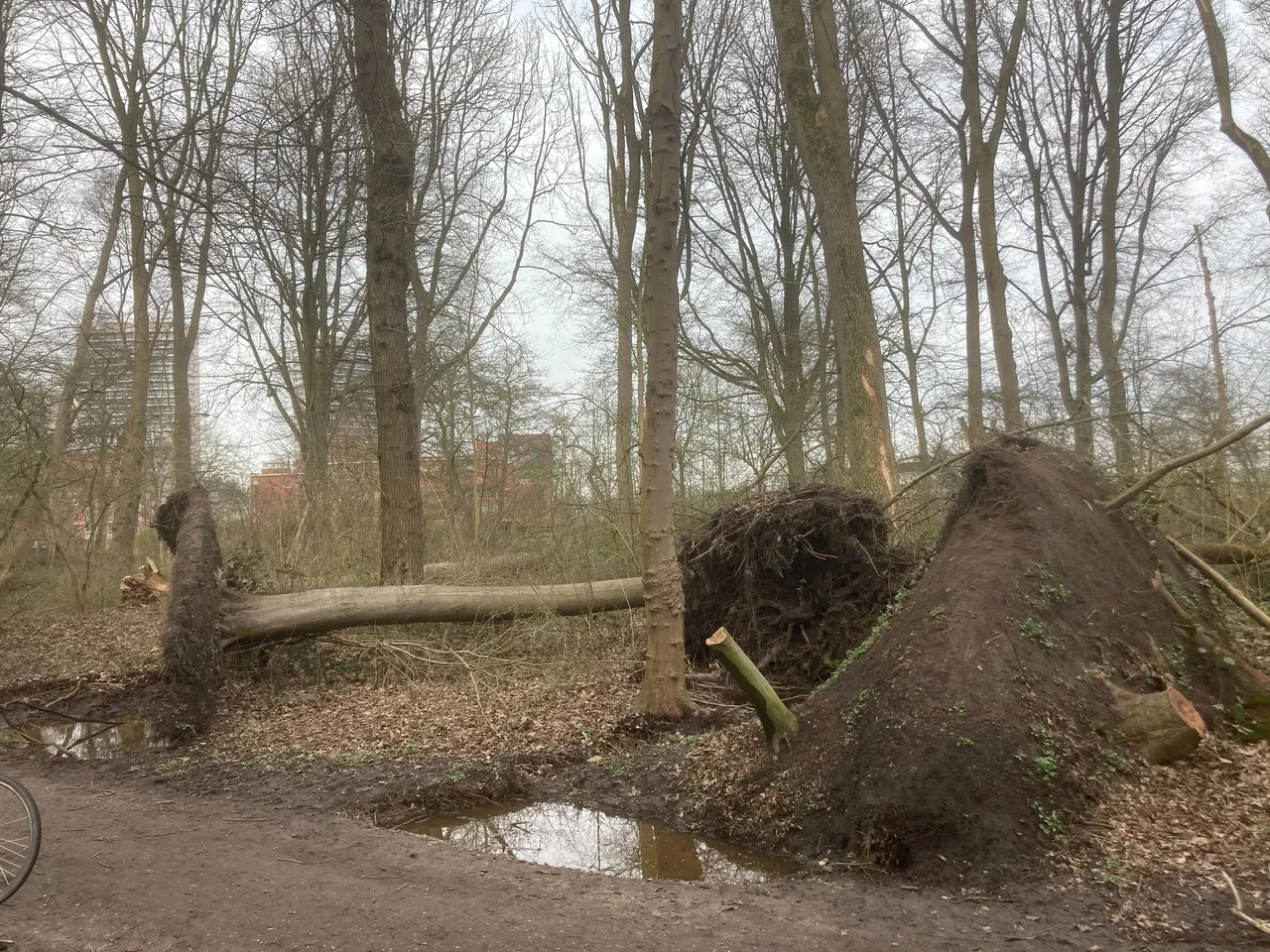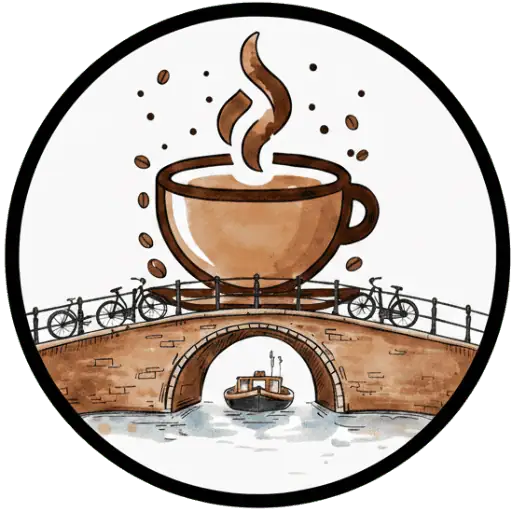Groningen has grown from a luxury product into a breeding ground for specialty coffee; historic roasters, award‑winning bars and circular projects show how tradition, innovation and sustainability converge and create opportunities for investors and enthusiasts. The guide explores key players, flavour trends, green solutions and tips.
Roasters in Groningen
Districts in Groningen

Oud-Oost
Oud-Oost heeft een kleinschalige, wijkgerichte koffiescene met microbranderij, buurtkoffiebars en UMCG-cafés. De focus ligt op snelheid, betaalbaarheid en sociale samenhang, met workshops, koffiemorgens en praktische duurzaamheid.

Haren-Oost e.o.
Buurtgericht koffielandschap rond Anjerplein, De Mikkelhorst en De Mellenshorst, met korte koffiemomenten, gezinsfocus en circulaire initiatieven zoals oesterzwammen uit koffiedik; voor derde golf trekken bewoners naar Haren-centrum of Groningen.

Meerdorpen
Meerdorpen bundelt dorpen aan de rand van Groningen, met koffie rond eetcafé, sportbar en seizoenskiosk. Specialty ontbreekt, bewoners wijken uit naar de stad, duurzaamheid en dorpsritme sturen het aanbod.

Glimmen-Onnen-Noordlaren
Ruraal koffielandschap rond Appelbergen en Zuidlaardermeer, met paviljoen, dorpsbakkerij en seizoensbistro’s. Geen microbrander, wel drukte op droge weekenden tussen 10.30 en 15.30, populair bij wandelaars, fietsers en gezinnen.

City Centre
Centrum Groningen ontwikkelde zich van klassieke koffiehuizen rond Vismarkt en A-Kerkhof tot een compacte specialtyscene met microbranders, studieplekken en duurzame initiatieven rond Oude Kijk in ’t Jatstraat en Carolieweg.

Ten Post e.o.
Ten Post e.o. kent een dorpsgerichte koffiecultuur rond molen, café, kerkzaal en dorpshuis. Geen third-wave bars, wel terras bij De Olle Widde, eigen merkbonen in Winneweer en koffieochtenden.

Old West
Buurt-first en park-centric, met korte koffieroutes rond het Noorderplantsoen. Hotspots zoals Struis, Mahalo, PUCK en Kaldi sturen to-go stromen, met seizoenspiek tijdens Noorderzon en kansen in plant-based, logistiek en certificering.
Southeast
Zuidoost groeit van werkzone naar stationsgebied. Koffie concentreert zich in Europapark, vooral to-go, met pieken in de ochtend en rond lunch. Specialtybars zijn schaars, duurzaamheid wint terrein.

Hoogkerk e.o.
Hoogkerk is een suikerdorp waar koffie uit werkpauzes groeide. Vandaag draait het om buurtplekken, Suykercafé en KOSU op het Suikerterrein, met workshops, cuppings en sociale evenementen als Repair Café.

Old South
In Oud-Zuid draait koffiecultuur om buurtcafés, parkpaviljoens en sociale initiatieven. Ankerpunten zijn “Het Buurtstation”, Poortershoes, “’t Groene Hart”, Kroeg van Klaas en Café de Klikspaan, met pieken rond schoolritten, shows en Stadsparkbezoek.

Haren-West e.o.
Overzicht van koffie in Haren-West: Rijksstraatweg en Raadhuisplein vormen de kern, met bakkerscafé, brasserie, leescafé en Hortus. Focus op dagelijkse koffie, plantaardige melk, duurzaamheid en betrouwbare adressen.

Nieuw-Noord
Nieuw-Noord draait om campusritme, snelle to-go espresso en betaalbare melkdranken. Piekmomenten vallen rond colleges, met duurzame accenten zoals herbruikbare bekers en lokale Tiktak-koffie.
Zuidwest
Zuidwest Groningen kent een kleinschalige, buurtgerichte koffiecultuur. Plekken liggen rond het Martini Ziekenhuis en Hoornse Meer, met nadruk op to-go, ochtend- en middagpieken en huiskamers zoals De Semmelstee en WIJ Corpus den Hoorn.

Nieuw-West
Nieuw-West bouwt een koffiecultuur rond buurthuizen, haventerrassen en EM2. Focus op overdag, lokale ontmoetingen en seizoenspieken, met adressen aan de Reitdiephaven en ’t Vinkhuys als langdurig ankerpunt.

Noordoost
Koffie in Noordoost Groningen is kleinschalig en buurtgericht, met dagopening en betaalbare keuzes. Voorbeelden zijn Theehuis De Oude Bijenstal, Grand Café Trefpunt en ’t Heerdenhoes, waar ontmoeting en praktische service centraal staan.

Midden-Zuid
In Midden-Zuid Groningen vormt koffie een rustige dagcultuur rondom bakkerijen, brasseries en het Sterrebos. Piekuren liggen in de ochtend en middag, met vaste ontmoetingsplekken, kantoorstroom bij Kempkensberg en pragmatische duurzaamheid.

Nieuw-Oost
Nieuw-Oost heeft een functionele koffiecultuur rond wijkcentra en sportcomplex Kardinge. Koffie piekt na training en bij boodschappen, met hotspots in Lewenborg en Ulgersmaborg en aandacht voor herbruikbare bekers sinds 2024.

Oud-Noord
Koffie in Oud-Noord is kleinschalig en wijkgericht. ROOM en Fernweh vormen nu de ankers, met Moi! in voorbereiding. Focus op to-go, laptopvriendelijke zitplekken en korte ketens met lokale branders.

Meerstad e.o.
In de jonge wijk Meerstad groeit een buitengerichte koffiecultuur rond SuperHub en het Woldmeer. Terrassen, kiosken en microbrander Melos Coffee bedienen bewoners, met pieken bij evenementen en duidelijke kansen voor een gezinsvriendelijke specialty bar.

Ten Boer e.o.
Profiel van koffiecultuur in Ten Boer e.o.: dorpscafés als sociale ankers, adressen en cijfers, focus op dag- en weekendmomenten, families en 65 plus, korte ketens, fietsbare routes en kansen voor toegankelijke, familievriendelijke programmering.
More about Groningen
Introduction
Historical roots
The rise of specialty coffee
Well‑known players in Groningen
- Koffiestation combines a micro‑roastery with a bookshop and offers “Grip on Extraction” workshops.
- Kolibri supplies seasonal micro‑lots to café Room and, through subscriptions, to home baristas.
- Revista started as a food truck, is completely plant‑based and pours oat milk as standard.
- Spaak links coffee to cycling culture with a weekend ride and a repair workshop above the café.
